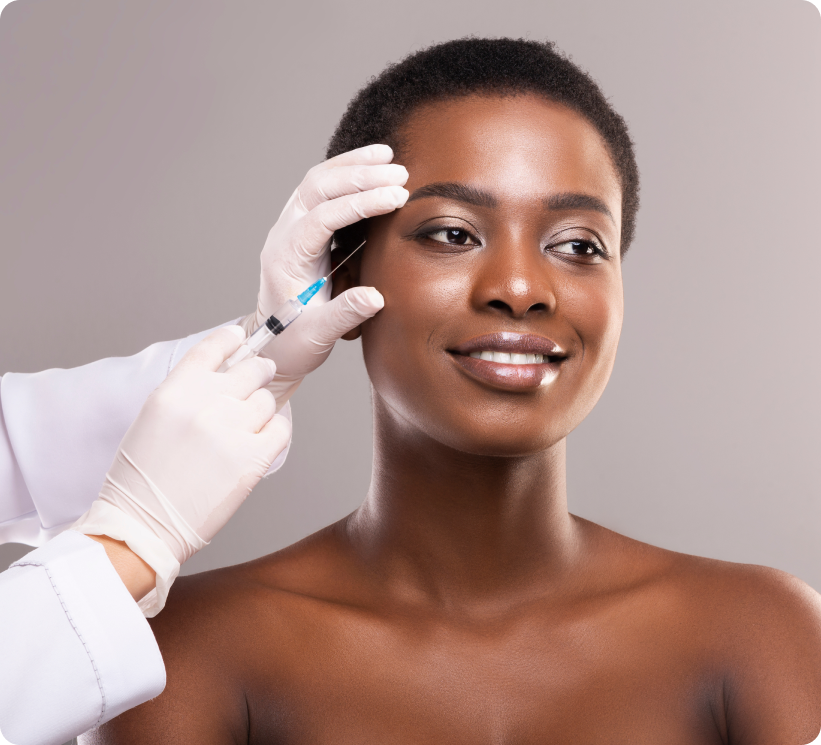Plastic Surgery Inland Empire: Accomplish Your Desire Look with Expert Care
Plastic Surgery Inland Empire: Accomplish Your Desire Look with Expert Care
Blog Article
Checking Out the Emotional and Social Elements That Drive People to Think About Aesthetic Surgery as a way of Improvement
The decision to pursue cosmetic surgical treatment often extends beyond simple aesthetics, intertwining with social and psychological characteristics that merit extensive examination. Variables such as self-confidence, pervasive societal elegance criteria, and the pervasive influence of social media converge to form private motivations for surgical enhancement.
The Role of Self-confidence
Self-confidence considerably affects a person's choice to go after plastic surgery. People with reduced self-confidence often perceive themselves in an unfavorable light, causing feelings of insufficiency regarding their physical look. This unfavorable self-perception can drive them to look for medical treatments as a method of enhancing their self-image. The wish for improvement in one's appearance is frequently connected to a belief that such changes will certainly boost their general self-respect and confidence.

Inevitably, the duty of self-esteem in the decision-making procedure regarding plastic surgery highlights the complicated interplay between body picture, individual fulfillment, and psychological wellness. Recognizing this relationship is essential for health care experts to make certain that clients are making educated choices rooted in reasonable assumptions and emotional wellness.
Societal Beauty Specifications
Influenced by prevalent media portrayals and cultural narratives, social charm requirements play a crucial duty in shaping individuals' understandings of their very own bodies. These requirements are often defined by an idyllic type of elegance that emphasizes qualities such as youthfulness, symmetry, and slimness. As these ideals are perpetuated with various channels, including film, marketing, and tv, people often internalize these messages, leading to discontentment with their natural appearance.
The effects of these societal norms extend beyond aesthetic preferences; they can influence self-esteem, psychological health, and interpersonal relationships. People that perceive themselves as falling short of these criteria may experience feelings of inadequacy, triggering a need for plastic surgery as a way of accomplishing societal approval. This pursuit is frequently fueled by the idea that complying with these perfects will certainly boost not just physical appearance however additionally social standing and individual gratification.

Impact of Social Media
The impact of social appeal standards is more magnified by the surge of social networks systems, where curated photos and idyllic representations of charm are common. Users are constantly exposed to filtered and modified pictures, which frequently portray unattainable physical characteristics. This exposure cultivates a culture of comparison, leading people to examine their very own look versus these commonly unrealistic criteria.
Social media influencers and celebs regularly promote aesthetic procedures, normalizing the concept that medical enhancements are a sensible means for attaining social ideals (plastic surgery rancho cucamonga). The presence of these enhancements can produce a perception that going through plastic surgery is a conventional method, therefore influencing individuals to take into consideration similar treatments as a path to enhanced self-worth and social approval
Additionally, the interactive nature of wikipedia reference social networks permits prompt responses with likes and comments, even more enhancing the need to comply with preferred appeal criteria. Such communications can aggravate sensations of inadequacy and drive individuals towards plastic surgery as a method of acquiring recognition. Inevitably, social media plays an essential duty in forming understandings of beauty, which considerably impacts the decision-making procedures surrounding plastic surgery.

Cultural Perspectives on Look
Across various societies, perceptions of look are deeply rooted in historical, social, and economic contexts, shaping people' views on elegance and charm. In numerous societies, appearance works as a significant marker of identity, influencing social status, professional chances, and individual partnerships. For instance, in some societies, light skin is commonly related to riches and advantage, while others might idealize darker complexion as signs of toughness and authenticity.
Additionally, standard appeal standards are often perpetuated with social narratives, media depictions, and family affects, causing varying perfects throughout various areas (plastic surgery rancho cucamonga). In Western societies, the focus on young people and physical fitness commonly drives people towards cosmetic enhancement, while in particular Eastern societies, more refined modifications straightened with standard appearances may be preferred
Globalization and the expansion of digital media have further made complex these characteristics, creating a hybridization of beauty ideals that goes beyond geographical borders. As people significantly navigate these social narratives, the pressure to satisfy certain look standards can lead to the desire for cosmetic surgical treatment, mirroring a complex interplay of personal goals and social values. Comprehending these cultural viewpoints is necessary in dealing with the motivations behind plastic surgery factors to consider.
Mental Effects of Aesthetic Surgical Treatment
Lots of individuals seeking cosmetic surgery report experiencing extensive mental impacts that can substantially modify their self-perception and emotional health - plastic surgery rancho cucamonga. The need for physical improvement frequently comes from underlying concerns such as reduced self-confidence, body dysmorphic problem, or social pressures check my site regarding appeal requirements. For some, the prompt post-operative stage can bring about a momentary boost in self-confidence and complete satisfaction with their look, cultivating a sense of empowerment
However, these positive feelings might not be withstanding. Research suggests that while some individuals experience improved self-confidence, others may deal with increased anxiousness or anxiety if their assumptions are not fulfilled. This discrepancy can emerge from unrealistic ideals continued by media representation and cultural stories surrounding beauty.
Furthermore, the mental implications of cosmetic surgical treatment extend past the person. Relationships with family members and pals may be stressed as social dynamics change, leading to feelings of seclusion or alienation. Eventually, the emotional impacts of cosmetic surgery are intricate and diverse, requiring mindful consideration by both prospective patients and doctor to guarantee informed decision-making and realistic expectations.
Verdict
In conclusion, the decision to go after cosmetic surgery is substantially affected by a combination of self-esteem concerns, social charm requirements, and cultural point of views on look. The pervasive reach of social media sites better aggravates these pressures, promoting unrealistic perfects that people commonly strive to obtain. Understanding these mental and social variables is vital for dealing with the motivations behind cosmetic surgery, highlighting the requirement for a more nuanced conversation bordering elegance and self-acceptance in contemporary culture.
The decision to seek cosmetic surgical treatment often extends beyond plain appearances, intertwining here with social and mental dynamics that merit thorough assessment. Inevitably, social media plays a pivotal function in forming assumptions of charm, which dramatically affects the decision-making processes surrounding cosmetic surgery.
As individuals significantly browse these social narratives, the stress to adapt to particular appearance standards can lead to the need for cosmetic surgery, reflecting an intricate interaction of social worths and personal desires.In conclusion, the decision to go after cosmetic surgical procedure is substantially influenced by a combination of self-esteem issues, social elegance criteria, and cultural viewpoints on appearance. Recognizing these psychological and social elements is crucial for resolving the motivations behind cosmetic surgical treatment, highlighting the need for a more nuanced conversation bordering appeal and self-acceptance in modern culture.
Report this page